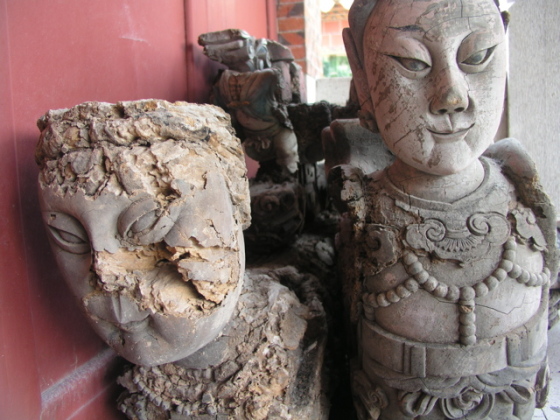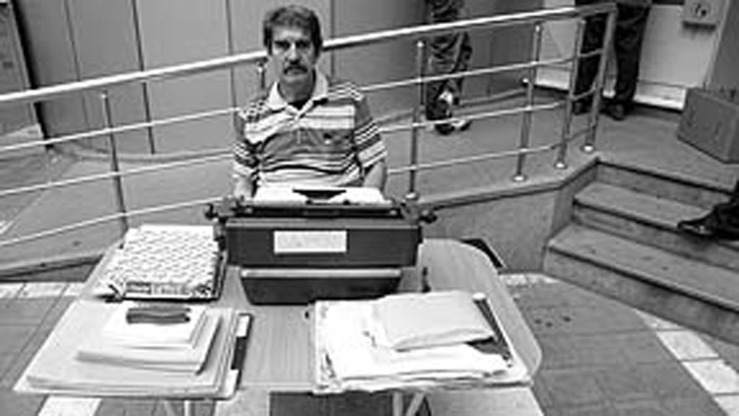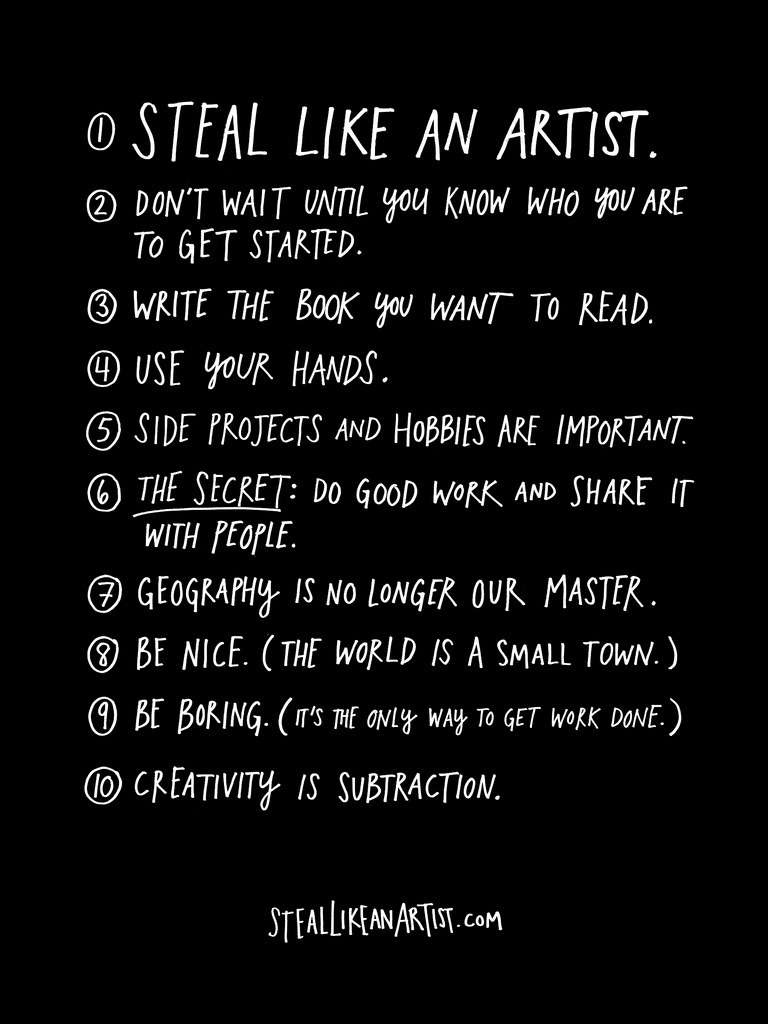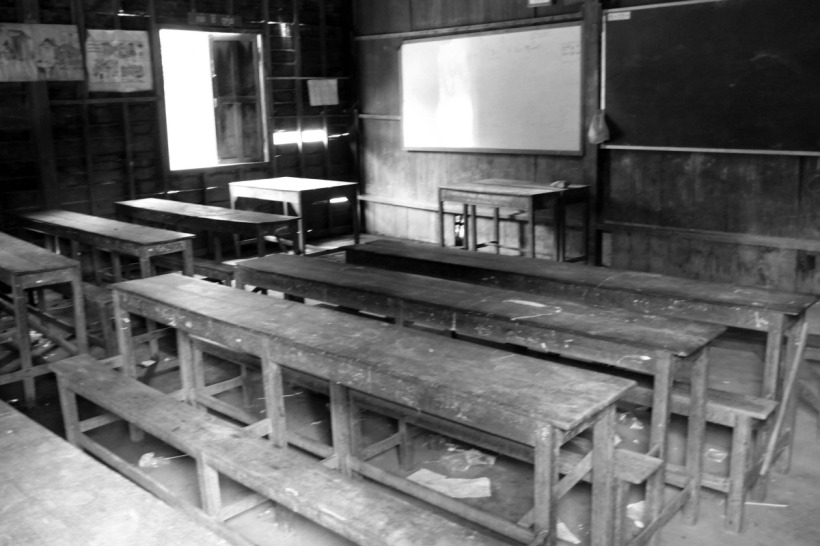ice Girl, 6
Living in China, Leo carried buckets of night soil or shit. It was the price he paid for questioning Authority.
-why, do we have to read Mao’s little red book, it’s mush for pigs, he asked Authority.
-because you are a tool of the state, said Authority.
-this shit stinks.
-here, said Authority. Carry some more.
After that melancholy loss Leo didn’t take shit from anybody. He burned through levels of existence as an exiled ghost. He slept with shamans in cemeteries.
He didn’t suffer from PTSD. He didn’t prowl life’s perimeter at midnight with bandoliers of munitions and Howling Wolf, his M-16 on full automatic. He wasn’t a suicide bomber hijacking ambulances in Gaza or Baghdad or Karachi or Damascus. He wasn’t blowing up cafes in Haifa or Spanish trains of thought watching children and adults fly through the air with the greatest of ease in the Greatest Show on Earth. He did not attend flight training school in Florida on a secret mission of revenge and miraculous destiny.
Being a worthy asset with nonofficial cover he was quieter than a mouse. The second mouse gets the cheese. He disembarked, disabled, distributed, declassified, delineated, discussed, and detonated unconscious trip wires. He was a silent night hymn, a predator practicing silence and cunning with his tantric eye wide open.
I am a camera, he told ice girl. Like you I see the big picture. We are ahead of the future. Wandering storytellers accepted my willingness to walk point. It was the Tao of insight, intuitive friendship and leadership. I don’t sweat the small stuff.
It’s all small stuff, she said. God, the Devil and Allah are in the details. Checkmate, said Death.
In Cadiz a well-dressed bald man with Gypsy blood wearing polished black wing tipped shoes used the financial section of a daily rag proclaiming a 33% unemployed human statistic to collect his dog’s shit off a Roman cobblestone chessboard. He dumped it into a metal trash basket nailed to a postmodern yellow splattered wall.
Five minutes later an obsessive-compulsive cleaning woman in her ground floor flat yelled, “What’s that smell?”
“History.”







 Share Article
Share Article 




